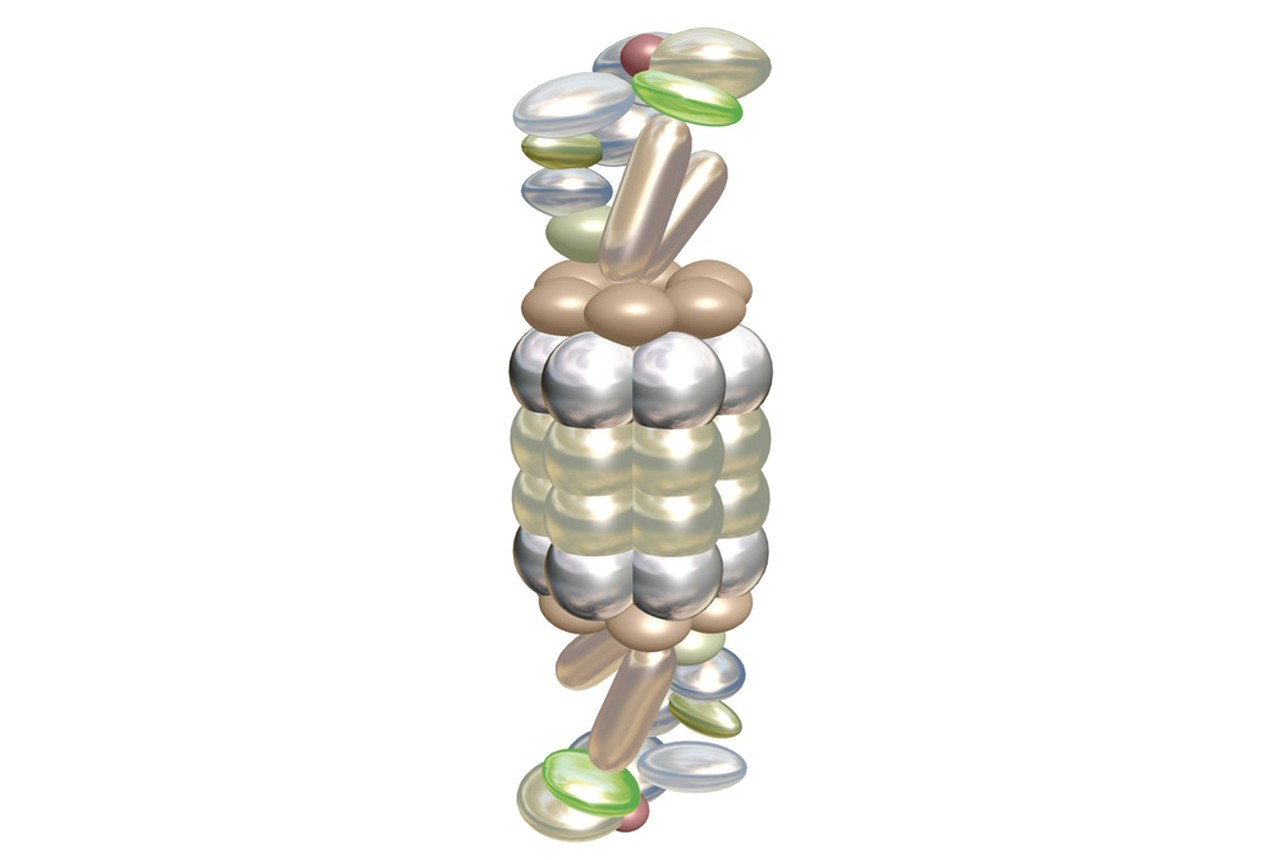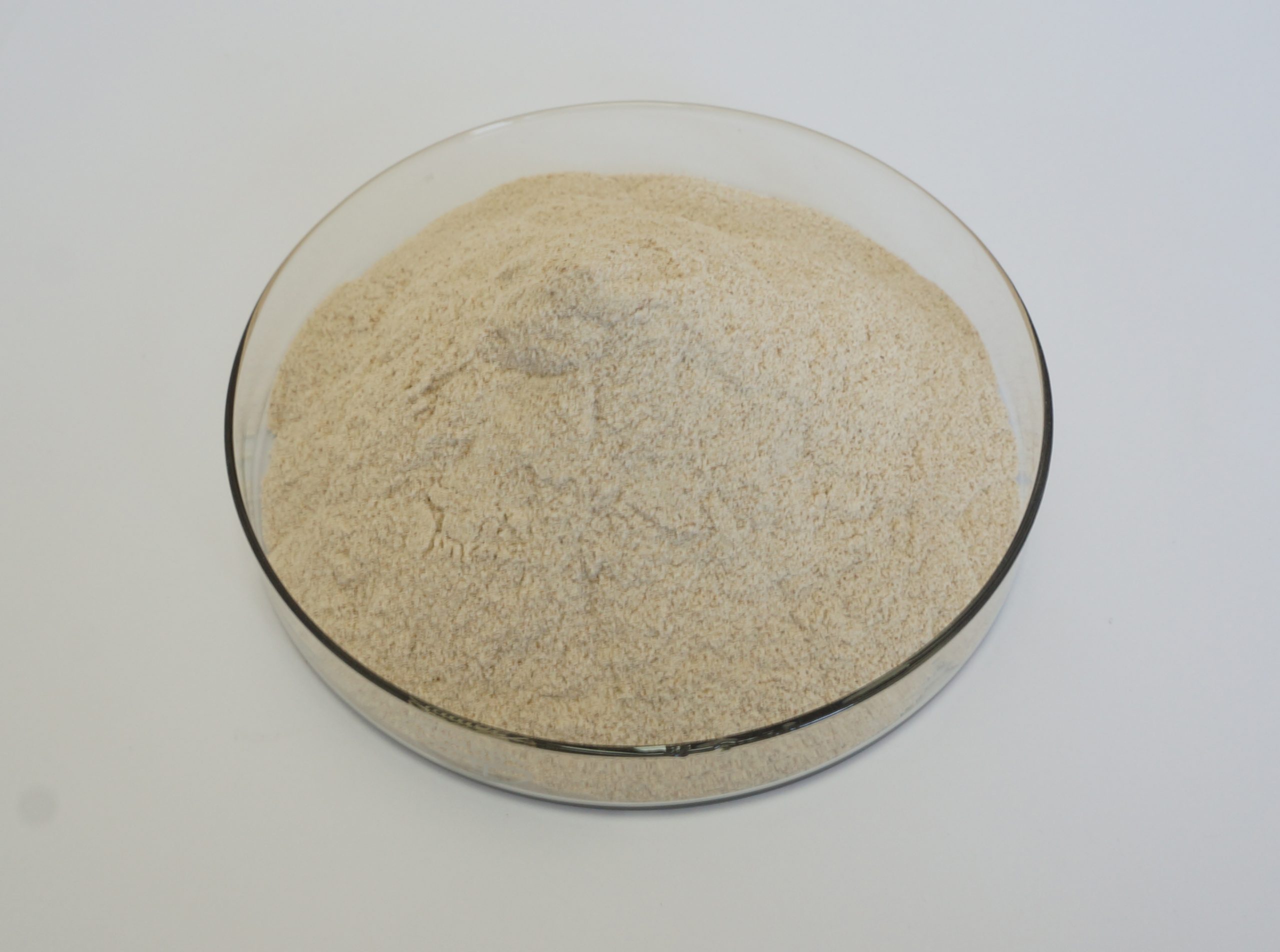Proteases, also known as peptidases or proteinases, are enzymes that play a crucial role in various biological processes. They catalyze the hydrolysis of peptide bonds in proteins and peptides, breaking them down into smaller peptides or amino acids. The application of proteases is diverse and includes various fields such as biology, medicine, food, and industry.
Applications of Proteases
1.Digestion: In the human body, proteases are essential for the digestion of dietary proteins. They are produced in the stomach and pancreas to break down proteins into smaller peptides and amino acids, which can be absorbed by the body.
2.Medical and Pharmaceutical Applications:
Therapeutics: Proteases are used in medicine for their therapeutic potential. For example, proteases like trypsin and chymotrypsin have been used in wound debridement to remove damaged tissue and promote healing.
Diagnostic Tools: Proteases are used in diagnostic tests to detect specific proteins or peptides in biological samples, such as blood tests for specific diseases.

3.Biotechnology:
Recombinant Protein Production: Proteases are used in biotechnology for the production of recombinant proteins. They can be used to cleave fusion tags from the target protein or to degrade unwanted proteins in a mixture.
Protein Purification: Proteases can be used to cleave specific peptide bonds to facilitate the purification of proteins.
4.Food Industry:
Cheese Production: Proteases play a vital role in cheese production. They are used to coagulate milk proteins, leading to the formation of curd, which is the first step in cheese-making.
Tenderizing Meat: Proteases are used to tenderize meat by breaking down tough muscle fibers.
5.Textile Industry: Proteases are used in the textile industry for processes like bio-polishing, which helps remove fuzz and pills from the fabric surface. They can also be used to modify the texture and appearance of textiles.
6.Detergents: Enzymatic laundry detergents often contain proteases to help break down and remove protein-based stains, such as blood, grass, and food stains.
7.Leather Industry: Proteases are used to de-hair hides and skins in the leather industry.
8.Waste Management: Proteases can be used in biodegradation processes to break down organic materials, such as in sewage treatment plants.

9.Research: In scientific research, proteases are used to study protein structure and function. They are also employed in proteomics research to analyze the composition of complex protein mixtures.
10.Bioremediation: Proteases can be used in bioremediation processes to break down contaminants in the environment, such as oil spills.
The selection of a specific protease and its application depends on its substrate specificity, activity under specific conditions (e.g., temperature and pH), and other properties. Scientists and industries carefully choose proteases to suit their intended purposes, making them versatile tools in various fields.
